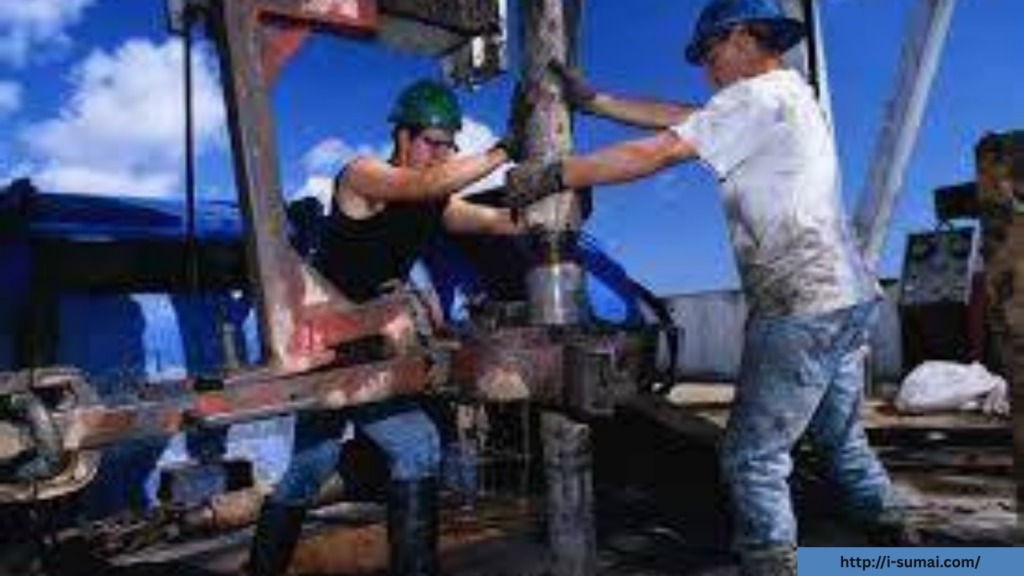
The Canadian oil industry, often characterized by economic highs and lows, has long been a symbol of national prosperity and industrial strength. Yet beyond the boom cycles lies a growing concern: the mental health and addiction challenges faced by its workforce. With long shifts, remote locations, and a culture that often prioritizes toughness over vulnerability, oil workers are increasingly at risk for psychological distress and substance abuse. As awareness grows, efforts to support mental well-being and addiction recovery within the industry are gaining traction.
The Pressures Behind the Paycheck
Oil industry jobs are known for offering competitive salaries, but they come with significant trade-offs. Many workers endure 12-hour shifts in isolated camps for weeks at a time, far from families and urban centers. The physical strain, loneliness, and unpredictable job stability—especially during downturns—can trigger anxiety, depression, and burnout. In such conditions, it’s not uncommon for workers to turn to alcohol or drugs as a form of self-medication.
Studies have shown that workers in extractive industries are at a higher risk of mental health disorders and substance abuse compared to the general population. Unfortunately, the stigma associated with seeking help often prevents individuals from accessing the support they need, worsening the situation over time.
Company-Led Initiatives
In recent years, several oil companies have taken proactive steps to address these issues. Employee Assistance Programs (EAPs) are now common, offering confidential counseling, crisis support, and resources for both mental health and addiction. These services are designed to help employees navigate personal and professional challenges before they escalate.
Additionally, some companies have introduced mental health training for supervisors and staff, aiming to foster a more empathetic and supportive workplace culture. By equipping team leaders with the skills to recognize signs of distress and guide employees toward appropriate resources, these programs play a critical role in early intervention.
Community and Government Collaboration
Beyond the corporate level, community-based organizations and provincial governments have also joined the effort. In Alberta and British Columbia, mental health and addiction services have been expanded in key oil-producing regions. Outreach programs, mobile health units, and telehealth services now provide more accessible support for workers in remote areas.
Moreover, public health campaigns are working to destigmatize mental illness and addiction, emphasizing that seeking help is a sign of strength, not weakness. These cultural shifts are essential to changing long-standing attitudes within the oil industry.
Looking Forward
Despite progress, gaps remain. Many workers still lack consistent access to comprehensive mental health care, particularly those employed by smaller contractors or in short-term roles. To build a truly supportive environment, stakeholders must continue investing in scalable solutions, such as peer support networks, ongoing mental health education, and better integration of care services across worksites.
The oil industry’s future depends not just on market conditions, but on the well-being of its people. By prioritizing mental health and addiction support, the industry can evolve beyond its boom-and-bust identity and foster a culture where resilience and recovery are part of the job description.